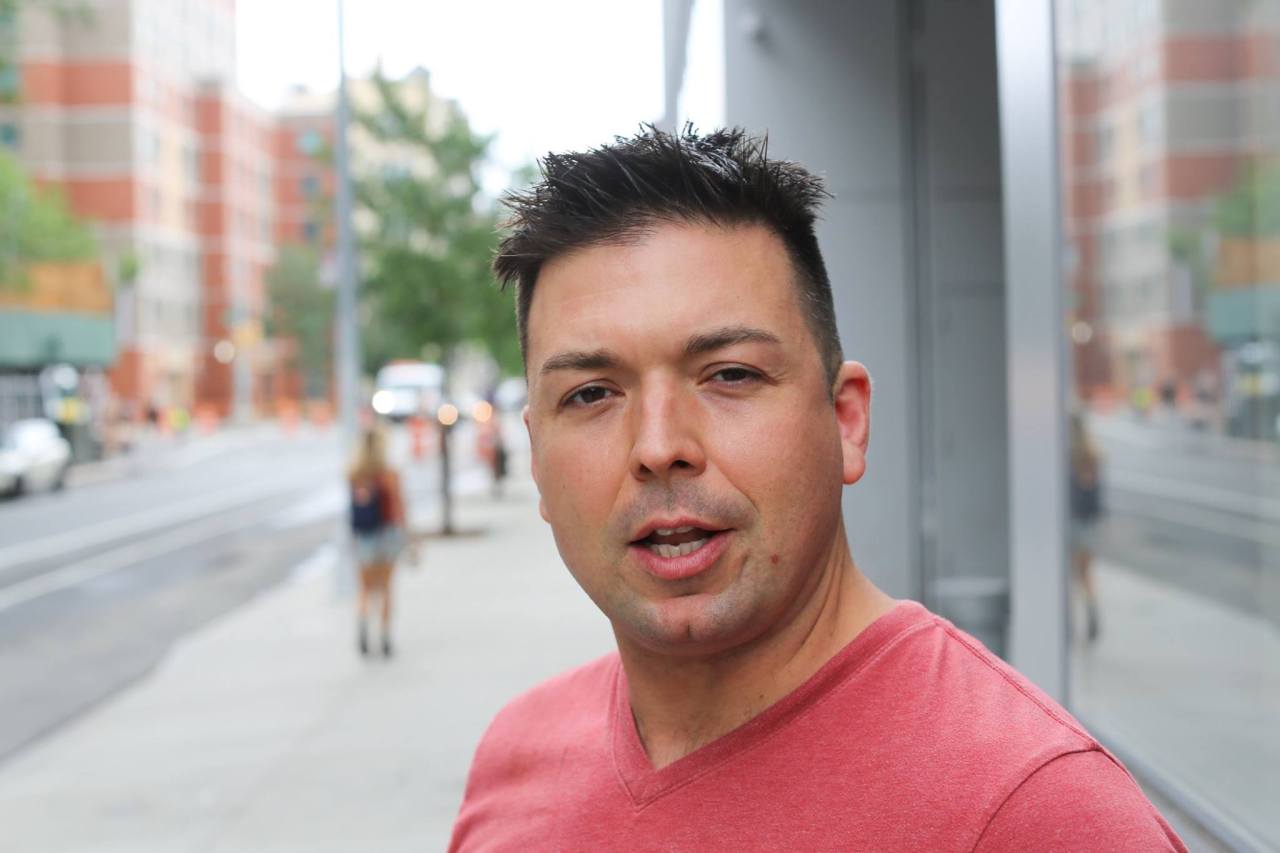| Peace Be Still by He, Qi |
Mark 4:35-4135On that day, when evening had come, he said to them, “Let us go across to the other side.” 36And leaving the crowd behind, they took him with them in the boat, just as he was. Other boats were with him. 37A great windstorm arose, and the waves beat into the boat, so that the boat was already being swamped. 38But he was in the stern, asleep on the cushion; and they woke him up and said to him, “Teacher, do you not care that we are perishing?” 39He woke up and rebuked the wind, and said to the sea, “Peace! Be still!” Then the wind ceased, and there was a dead calm. 40He said to them, “Why are you afraid? Have you still no faith?” 41And they were filled with great awe and said to one another, “Who then is this, that even the wind and the sea obey him?”
In today’s gospel, a great storm arises. Some of the
disciples grew up on and around boats, so for them to be afraid enough to think
that they’re going to die, it must have been quite the storm. Of course, even
with all their experience, they were simply fishermen on a simple boat: no life
jackets, no radios, far from land. This storm pushed them beyond their comfort
zones, right into fear and panic.
Storms have a tendency to do that- to push us to our
limits and overwhelm us as we marvel at the power of wind and weather. As 17th
century English poet George Herbert wrote,
But the storms of life don’t always come out on the water, and there are storms of other kinds beyond rough weather.
“He that would learn to pray, let
him go to sea.”
But the storms of life don’t always come out on the water, and there are storms of other kinds beyond rough weather.
 |
| The Storm at Sea by C. Malcolm Powers |
Jesus responded, “Have you still no faith?” Maybe Jesus thought that he and the disciples
had gotten past that question, that they were farther than that in their
learning.
But to give the disciples credit, they own up to
their lack of faith, as if to say in answer to Jesus’ question, “Have you still
no faith?” they say, “yep, that’s the one. This is where we are. We can’t
pretend. We lack faith. The boat is sinking. Help!”
 |
| Santosa Hari's Jesus Stilling the Tempest |
So how do we get out of the stuck places of our lives,
when we’re filled with panic and tangled up in blame? Like the disciples, we
can get honest with our selves, with our God, and with each other, that the
situation is unmanageable, that we need help. Pride has to go so that faith can
be born.
 That word, faith, by the way, it’s one of those
words that people toss around a lot as if everyone knows what it is or how to
get it. Martin Luther wrote in his explanation of the Apostles Creed, “I
believe that I cannot by my own reason or strength believe in Jesus Christ, my
Lord, or come to Him; but the Holy Spirit has called me by the Gospel,
enlightened me with His gifts, sanctified and kept me in the true faith.” Faith
then, is not about blindly believing things we cannot see, but is rather a gift
from God, a relationship that begins with God. It's God, reaching a hand out to us, and God's always reaching toward us. So faith is not something we can make
or do or perfect or even lose because it’s a relationship given to us, and it’s
always there, even if we can’t see it or feel it.
That word, faith, by the way, it’s one of those
words that people toss around a lot as if everyone knows what it is or how to
get it. Martin Luther wrote in his explanation of the Apostles Creed, “I
believe that I cannot by my own reason or strength believe in Jesus Christ, my
Lord, or come to Him; but the Holy Spirit has called me by the Gospel,
enlightened me with His gifts, sanctified and kept me in the true faith.” Faith
then, is not about blindly believing things we cannot see, but is rather a gift
from God, a relationship that begins with God. It's God, reaching a hand out to us, and God's always reaching toward us. So faith is not something we can make
or do or perfect or even lose because it’s a relationship given to us, and it’s
always there, even if we can’t see it or feel it.
So when we’re in storms of our own, God is right
there with us and will never turn away from us in our need. That means that we
can be bold in confessing our weaknesses and fears to God. We can admit that we
don’t have it all together.

Last week, I read a short interview by the photographer of Humans of New York. The guy he interviewed told this story: “Seven years ago, I was sitting on the ledge of a thirteenth floor window. I’d tried to quit drinking so many times but I couldn’t do it, and I’d finally given up. My mind was racing through all the shameful things I’d done, and I kept hearing this voice saying: ‘Jump you piece of [garbage]. Jump you piece of [garbage].’ So I put my hands over my ears and started rocking back and forth on the window ledge. Suddenly I heard this small, still voice: ‘Say a prayer,’ it said. And I didn’t want to hear it. It was kind of like your mother knocking on the door while you’re watching porn. But then I heard it again: ‘Say a prayer.’ So I started praying, and I totally surrendered, and I felt an evil presence leave me. And I just kept saying: ‘I can’t believe you still love me. I can’t believe you still love me.’ Then I cleaned up my room, threw away my baggies of coke, took a shower, and went to work.”
| The exact opposite of what it means to be community |
As we encounter difficult times in life, we affirm
together that God is with us, that God Immanuel stands with us in our fears and
calms the raging storms.
 |
| A better image of the church, but missing almost all the women |

No comments:
Post a Comment